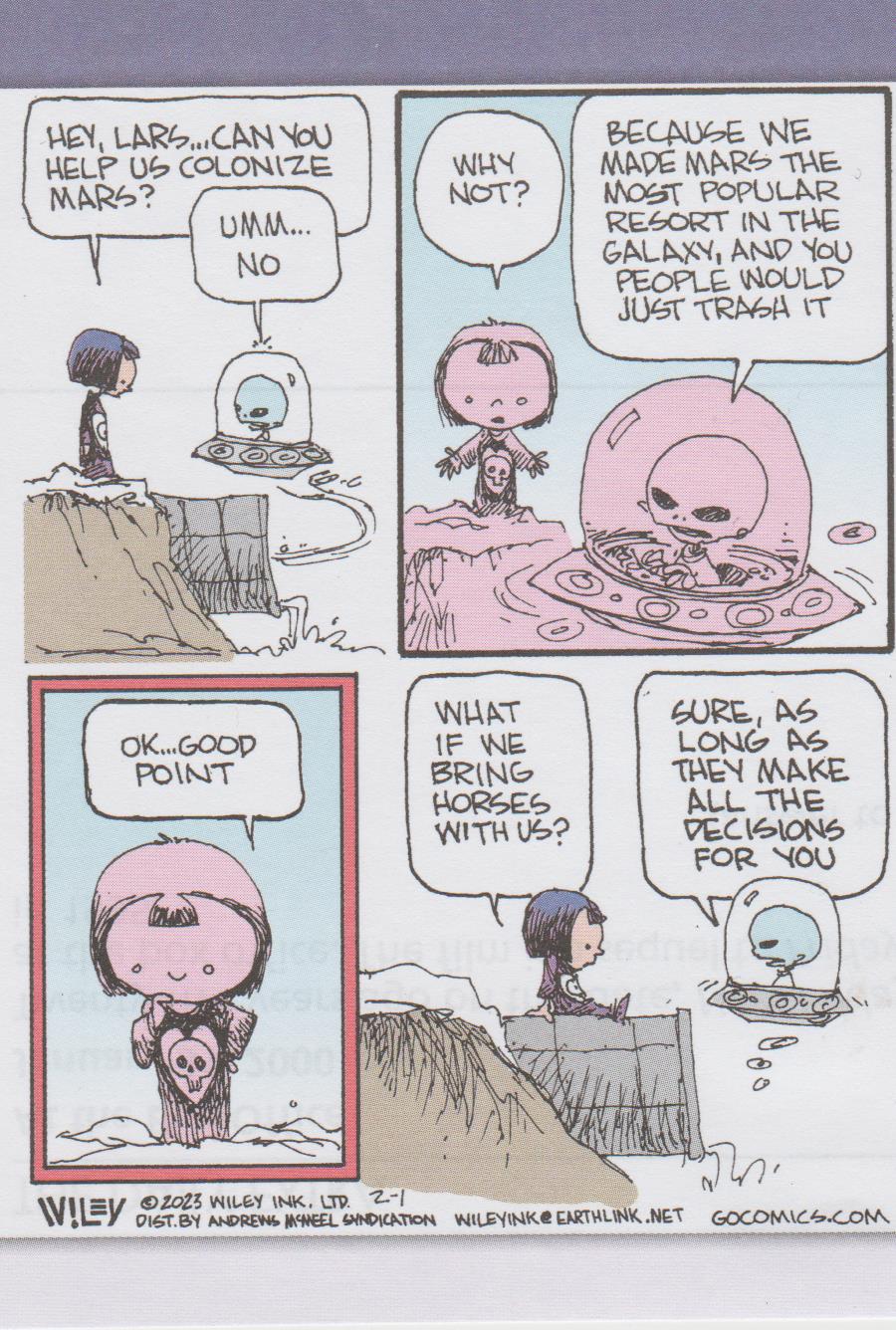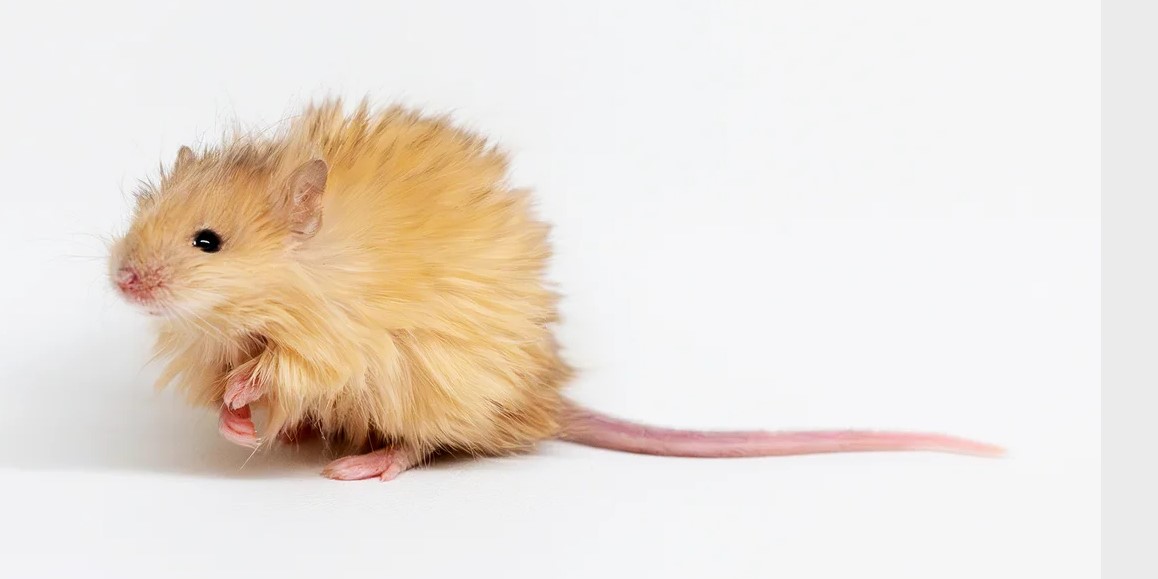Mariner has had 38 distinct jobs in his life. Everything from delivering newspapers to a contract in Taiwan building a computer system for the nation’s first fighter aircraft. He can avow that jobs shape one’s ethic and one’s place in the culture. He has had luxury dinners with CEOs and generals; he has seen a dead dog in the basement of a row house with an unused kitchen and a destitute family. He could go on about a 90-year-old woman offering sex for 75⊄, confrontations with guard dogs, a bull and an armed woman – to say nothing about belligerent executives.
But this post isn’t about bar stool stories. Of the 38 distinct jobs in his life, four have had a profound impact on his ethic, philosophy of life and his role in society. In chronological sequence they are gas & electric meter reader, Methodist preacher, parole officer and coding supervisor for an insurance company.
During 4½ years as a meter reader, he visited the homes of the very, very poor, the laborer, the white collar worker, the wealthy and many homes that were converted to small businesses and one-nite motels. These visits provided a belief that the separation of economic classes is severe, unfair and ignored by society. Each culture has its own style of community interaction, behavioral mores and even its own dress code.
As a Methodist preacher, he learned that religion is a specialized form of politics. The Christian theology is not a mainstay; the vast majority of church goers accept a parochial set of beliefs born out of tradition rather than faith. The socializing effect of belonging to a community is a positive trait but the church building is more important. Few attendees abide by the Second Great Commandment.
Mariner was a parole officer for three years. The job exposed him to the more complex side of human experience. Life is made up of many stresses that present emotional injury, loneliness, passive/aggressive behavior, debt, health and stressed relationships due to mental disorder and abuse. He learned that the personal side of life has its own mores, taboos and rituals. As with economic classes, home life is given little importance by community or by society in general.
This last job is cited because of its similarity to today’s Trumpian world of work. Mariner worked as a supervisor in the data processing department of a large insurance company. Like every other business of its time, the computer language was COBOL. Suddenly, thanks to IBM and Microsoft and Apple, COBOL was dropped in favor of new technologies and coding methods. In the blink of an eye, mariner was laid off. All the other large companies had simultaneous layoffs for the same reason. Locally, he was left without a career. It took a long time to rebuild a career in another field. His learned ethic is that corporations are politically independent and feel no need to incorporate themselves into the worlds of workers. Just profit, profit, profit.
Humans are intelligent and very much a caring species. It seems to mariner that humans, like 3-year-olds, have no sense of decorum and make life difficult just because they can. Given overpopulation, environmental abuse and provoking Mother Nature, perhaps humans should clean out the pantry and start over again.
Ancient Mariner



